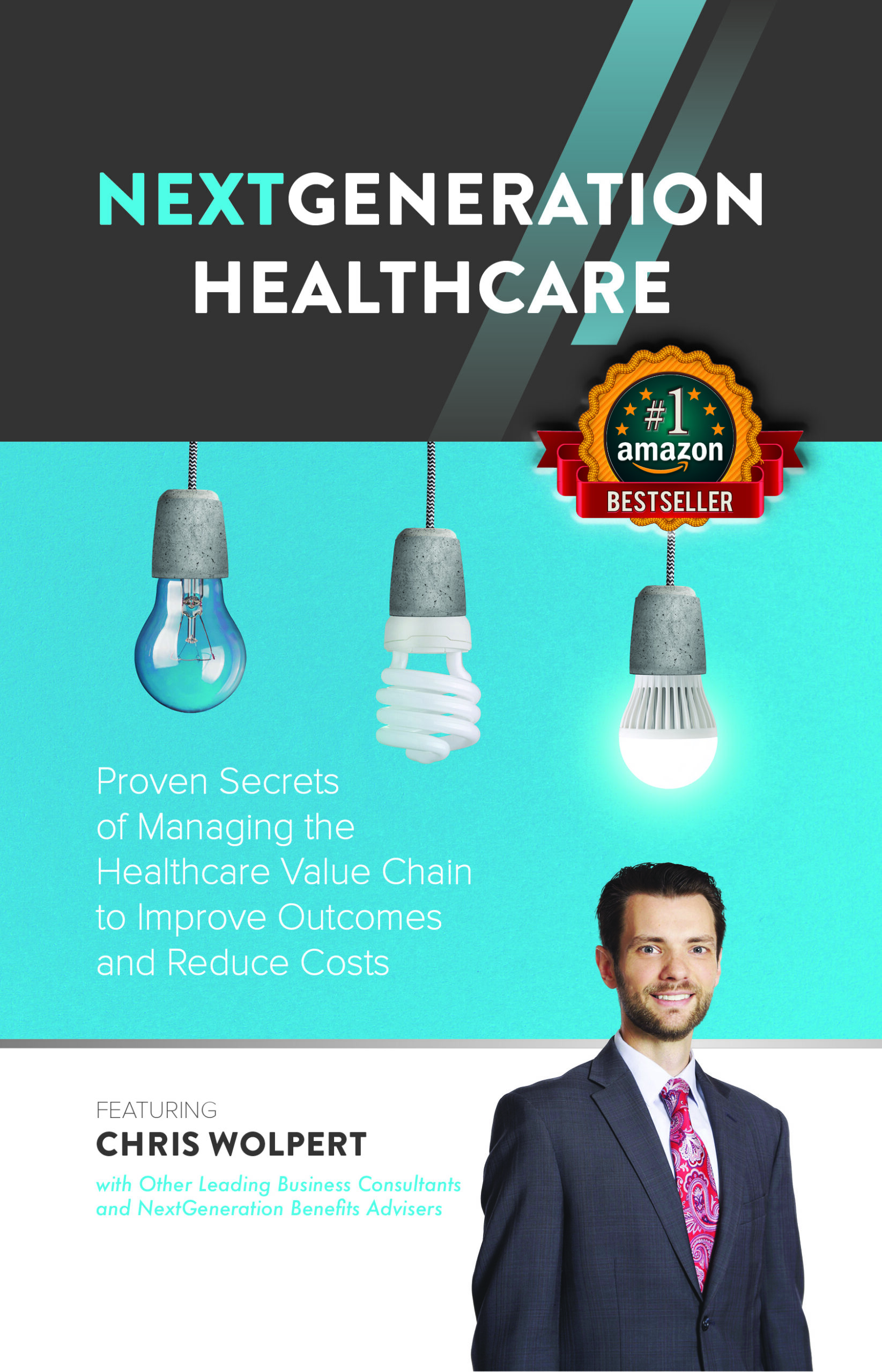As health insurance costs rise and our workforce ages, fewer employers are providing retiree health insurance benefits to their older workers, and are instead asking them to sign up for Medicare.
It’s a delicate situation as some older workers may resent being pushed to Medicare, especially if they’ve worked for their employer a long time. But employers obviously want to keep their staff happy and not risk losing them just because they are asking them to move to Medicare.
The share of people aged 65 to 74 in the workforce has been steadily rising for years. It’s projected to reach 30% in 2026, up from 27% in 2016 and 17% in 1996, according to the Bureau of Labor Statistics. And among those 75 and older, the share projected to be working in 2026 is 10.8%, up from 8.4% in 2016 and 4.6% in 1996.
While some employers opt to keep their Medicare-eligible workers on their group health plans, the majority do not. With the Kaiser Family Foundation estimating that only 29% of employers are keeping their Medicare-eligible employees on their company health plans, how can they support transitioning from their employer health plans to Medicare plus supplemental coverage?
If you have employees who will soon be eligible for Medicare and you want to transition them, you can help them and be there for them as a trusted source of information. Here’s what you can do to help workers who are nearing retirement to enroll:
Consider group Medicare Advantage coverage – There are a number of Medicare Advantage insurers that offer group Medicare coverage, which will help provide a transition from regular group health insurance. The nice thing about Medicare Advantage group health coverage is that often the premiums are quite low compared to regular health plans.
We can help you get set up with a Medicare Advantage group carrier that can take the administrative burden off you. We can send plan materials and other resources directly to your Medicare group members.
You can also choose to have Medicare group members billed directly for their premiums, or you as their employer can be billed.
Some carriers will let you customize your group Medicare Advantage plan with different deductibles, coinsurance and copayment amounts.
Help with the ‘donut hole’ – All Medicare plans have a coverage gap (known as the “donut hole”) for medicines. The coverage gap begins after an enrollee and their drug plan (or Medicare Advantage plan) have spent a certain amount for covered drugs. While they are in the coverage gap, which starts after they and their plan have spent $4,130 on pharmaceuticals in a given year, they will pay 25% of the cost of most drugs.
Seniors can’t get a plan on their own that offers help through the coverage gap. Retirees can only skip the coverage gap through an employer-sponsored plan. That’s where you come in.
By offering your retirees a prescription drug plan with coverage through the gap, you’ll help ease the financial burden that the coverage gap can present.
Make it user-friendly – For years your employees have been used to the top-shelf open enrollment system you have had in place for your workforce, with support like a hotline and access to plan information, such as lists of provider networks and formularies, as well as many different mediums for accessing enrollment information (like e-mail and mobile phone apps).
A recent study found that nearly 70% of workers who are 60 years or older find plan comparison tools and plan guidance tools valuable as they make health care decisions. Since this is what they are used to, you can provide the integrated, consumer-oriented experiences to help facilitate their enrollment in a Medicare Advantage plan.
Educate them about supplemental coverage – Medicare enrollees have access to an average of 28 Medicare Advantage plans, which means they will have a wider array of plans to choose from than they may be used to under their employer’s group plan.
They will also likely be bombarded with offers from various plans by mail and e-mail. It’s often confusing for many people to sift through the plans and find the one that’s best for their life and health circumstances. Many Medicare beneficiaries will seek out an advisor to help them choose the right plan.
In this case, a thoughtful employer would contract with an advisor to help their senior employees choose the best plan for them.

